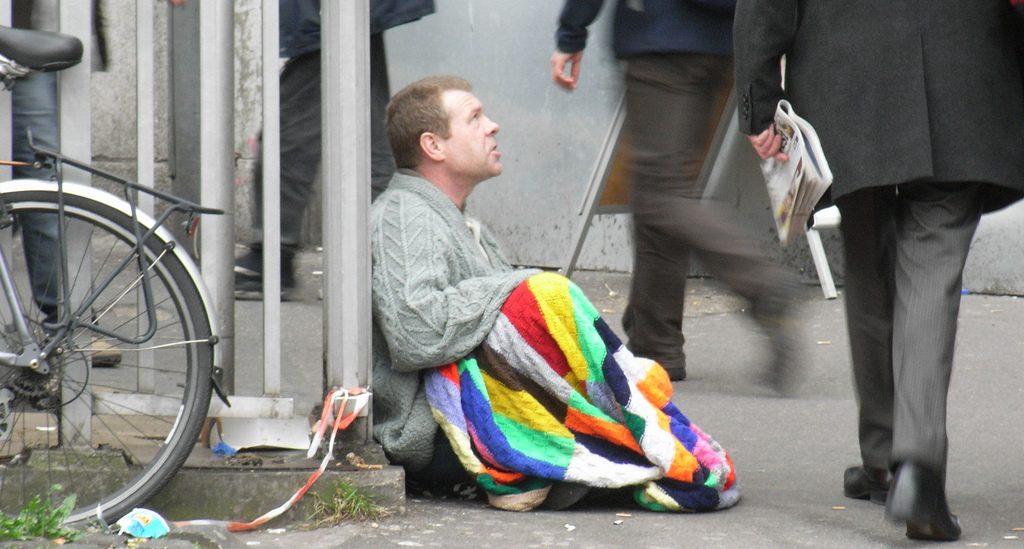The charity Shelter says homelessness in the UK has gone up by at least 4 percent in three years, and blames government policies.
What it means: 320,000 Brits currently have nowhere to call a home. And Shelter, which came up with this figure, says it underestimates the problem because it doesn’t count “hidden homelessness”; people who are sleeping on a friend’s couch or in cars. 92 percent of homeless people are in temporary accommodation, which is allocated by local authorities to those in need (tenants pay rent, although they can apply for housing benefit to cover it). The rest - about 25,600 people - are sleeping rough on the streets.
Shelter’s chief executive, Polly Neate, says rising homeless is caused by “spiralling rents, welfare cuts and a total lack of social housing”. The Conservative government has cut welfare benefits by nearly a quarter since 2010. They say the £37 billion saved was needed to pay down the unsustainable government deficit (explainer on what that is here). The Conservatives also believe that reducing welfare spending encourages people to work, which they think is good for the economy (more people working means more stuff being produced and more earnings to tax) and is “the best way to lift people out of poverty”. The total amount of benefits a single non-Londoner can get is capped £293.35 a week. The average working Brit makes £524.
The number of social houses available, which means homes rented at below-market value to people on low-incomes, also hit a record low in 2018. Recent Conservative governments tend not to be as keen on social housing as their Labour opponents, because they don’t think lots of government spending is good for the economy and/or because they want a “property owning democracy”, and therefore come up with policies that support house-building and buying over creating more social housing.
But average rent in the UK has gone up 19 percent since 2007 and is currently £906 a month. That’s 40 percent of the average wage (wages have also gone down since 2007). Shelter says affordable housing should take up no more than 35 percent of your income after tax. So in September Prime Minister Theresa May said she’d put an extra £2 billion into social housing.
Read our explainers on renting and why house prices go up.

